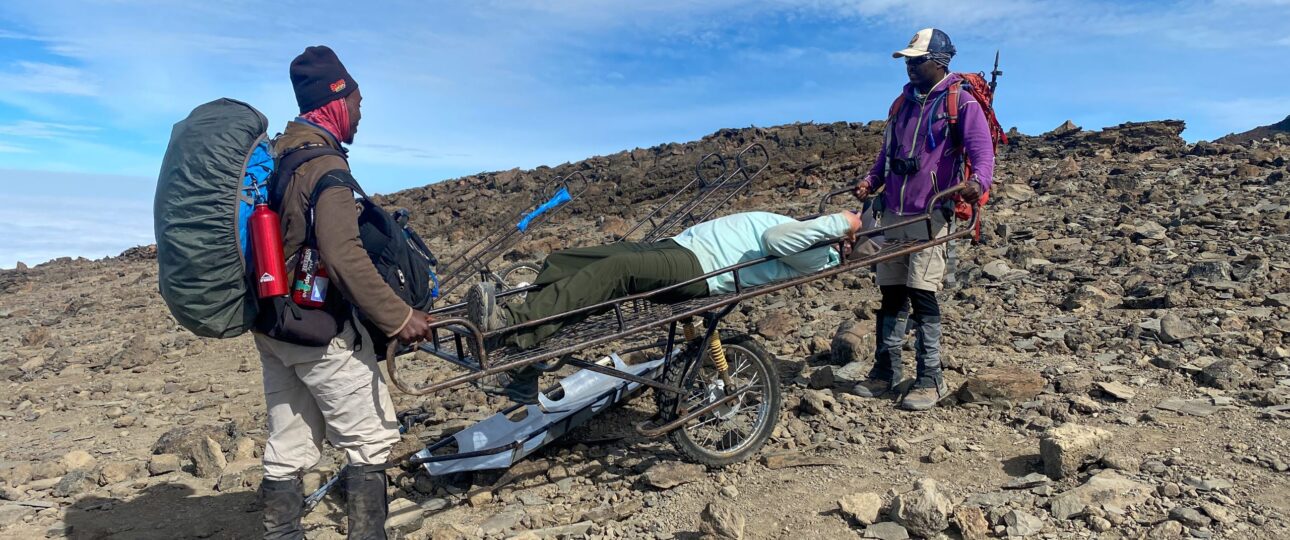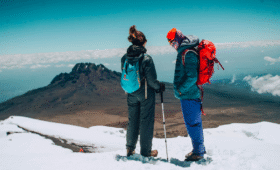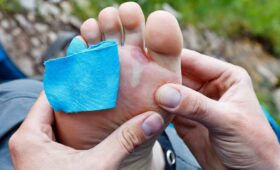What Happens If You Get Sick on Kilimanjaro?
Understanding Mountain Illness & Safety on Africa’s Highest Peak
Climbing Mount Kilimanjaro is a life-changing adventure, but it’s also a serious physical challenge. One of the biggest concerns for climbers is:
“What happens if I get sick on Kilimanjaro?”
At Mandari Travel, your health and safety are our top priorities. While most climbers experience mild discomfort due to altitude, we’re fully prepared to manage illness and emergencies on the mountain. Here’s what you need to know.
Common Illnesses on Kilimanjaro
1. Acute Mountain Sickness (AMS)
This is the most common condition trekkers face due to lower oxygen at high altitudes. Symptoms include:
- Headache
- Nausea
- Dizziness
- Loss of appetite
- Fatigue
Mild AMS is manageable with rest and slow trekking. However, ignoring symptoms can lead to serious conditions like HAPE (High-Altitude Pulmonary Edema) or HACE (High-Altitude Cerebral Edema), which require immediate descent.
2. Gastrointestinal Illness
Caused by changes in diet, altitude, or hygiene, symptoms can include:
- Diarrhea
- Stomach cramps
- Vomiting
We follow strict food safety protocols and provide clean drinking water to minimize this risk.
3. Cold-Related Issues
At higher elevations, frostbite and hypothermia are rare but possible. Wearing the right gear and layering properly prevents cold exposure.
What We Do If You Get Sick
Daily Health Checks
Our guides conduct twice-daily health checks, monitoring:
- Oxygen saturation
- Heart rate
- Symptoms of altitude sickness
These check-ins help us detect problems early and act fast.
Experienced, Trained Guides
All Mandari Travel guides are WFR-certified (Wilderness First Responders), trained in:
- First aid
- AMS detection and response
- Emergency evacuation procedures
Emergency Oxygen & First Aid Kits
Every trek includes:
- Portable oxygen cylinders
- Pulse oximeters
- First aid kits
- Stretcher for evacuation if needed
Immediate Descent
The best treatment for serious altitude sickness is rapid descent. If necessary, we will:
- Escort you down safely with a dedicated guide
- Arrange evacuation from the nearest point
- Coordinate with our support team and local medical clinics
Evacuation Options
For severe cases, we can arrange:
- Stretcher or porter-assisted descent
- Helicopter evacuation (weather & insurance permitting)
How to Reduce the Risk of Getting Sick
- Choose a longer route (7+ days) for better acclimatization
- Climb slowly – follow the “Pole Pole” rule
- Stay hydrated and eat well
- Listen to your body and guides
Climb Safely with Mandari Travel
We believe that a safe trek is a successful trek. With our experienced team, careful planning, and constant health monitoring, you’ll always be in good hands on Kilimanjaro.
Email us: info@mandaritravel
📞 Call/WhatsApp: +255 750 900 811
Or fill out the form below to request a safety-first climbing quote:



